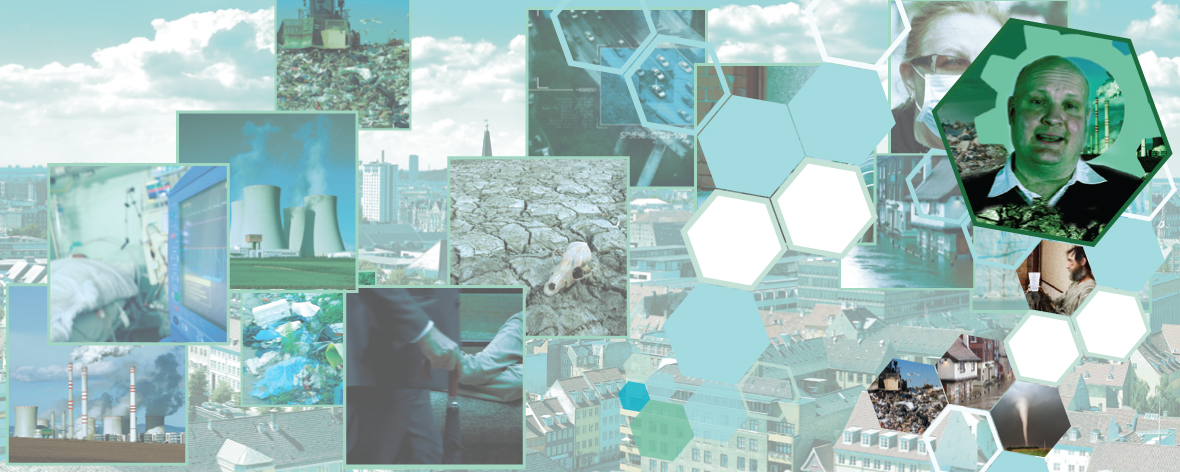The ideal of ‘use’ focuses on the need for science to provide something useful for society. Because of this need, research directions and goals should be influenced by political priorities. The more resources given to a specific field, the bigger the chance that there will be groundbreaking results. But we are also caught by our own choices. Once resources have been spent on the development of a particular solution, it can be difficult to invest in other options.
Questions for reflection:
- How should resources for science be prioritised?
- Is it acceptable that companies patent knowledge if they have helped pay for the research?
- Who should decide which fields of research have most potential for good?
- Do you trust politicians?
How do scientists usually think in this ideal? Read more below.
I’m glad you came. But just to be sure, who are you exactly? Oh, you’re a citizen. Listen, I’m looking for money for this new idea I have. That’s my job: coming up with ideas for technologies that can save us all, and you tax paying citizens should give me money, if you believe in me, of course. My idea is the best way to end illness and pollution, and unemployment as well. But the state won’t fund me. They wouldn’t recognise a technological revolution if it flew right into their lap! But maybe you can see the grand picture? Can’t you wake up the politicians? They should be in on this! Otherwise I’ll have to take my idea to industry, but they’re just so shortsighted with their investments sometimes, and my idea will take some time to work. But it will work, and change things for the better! Do we have a deal?


